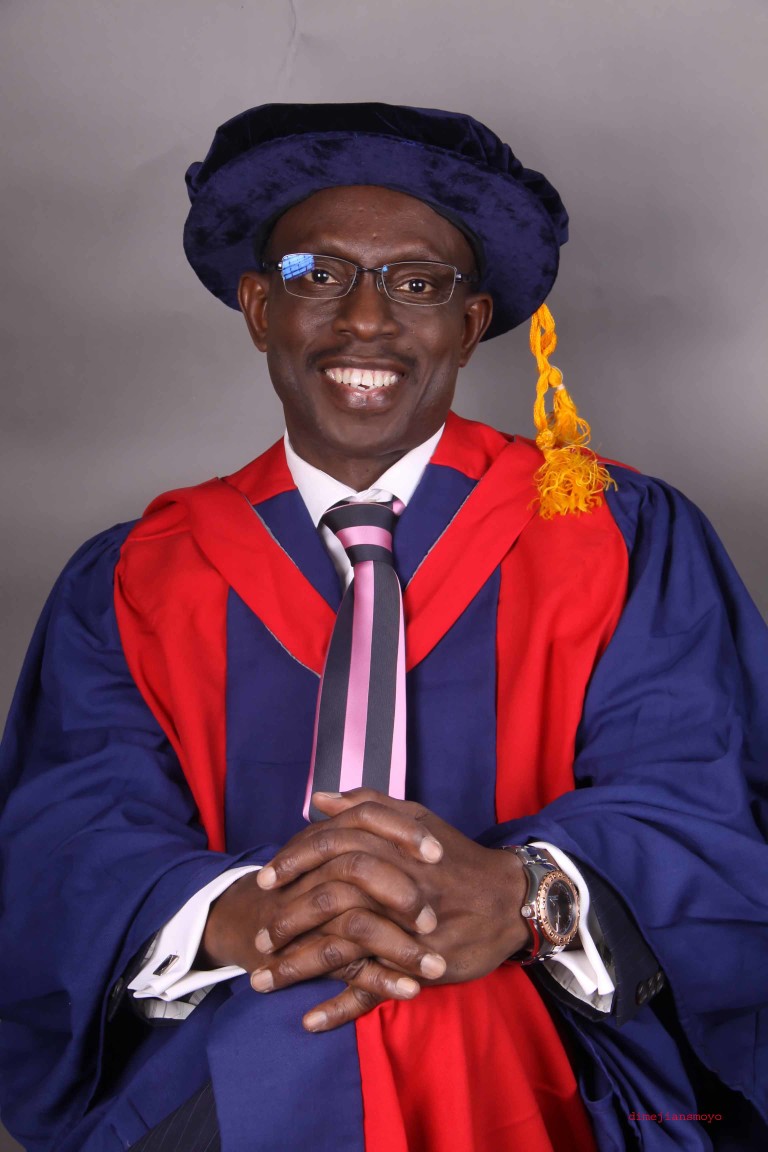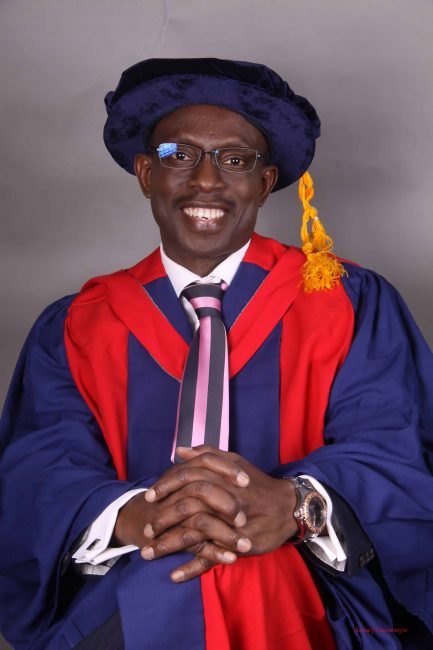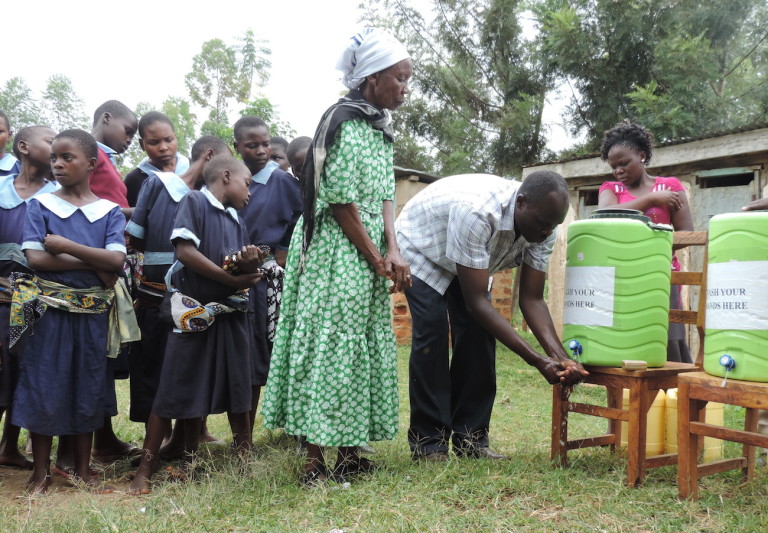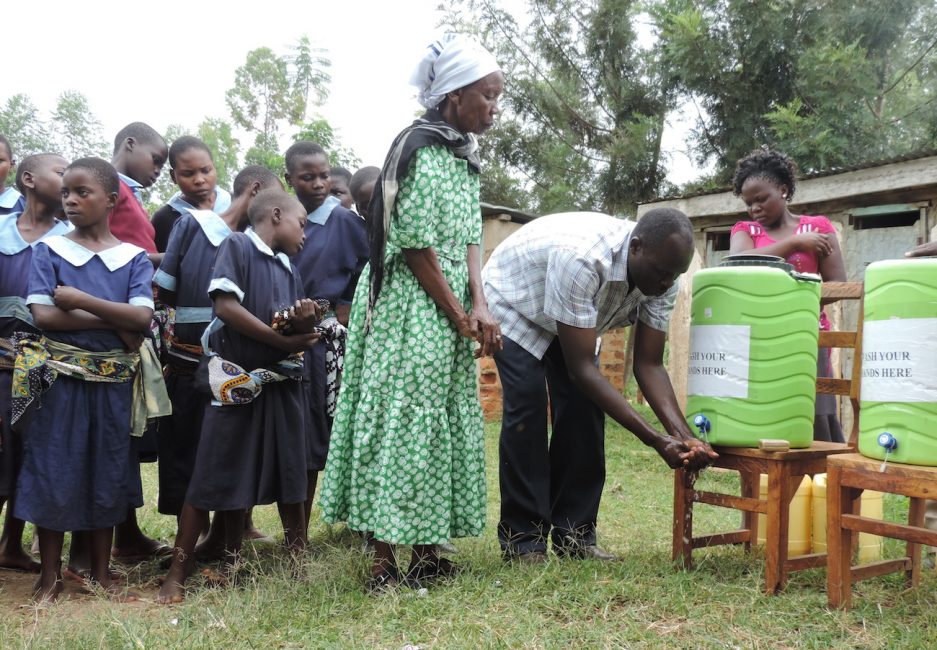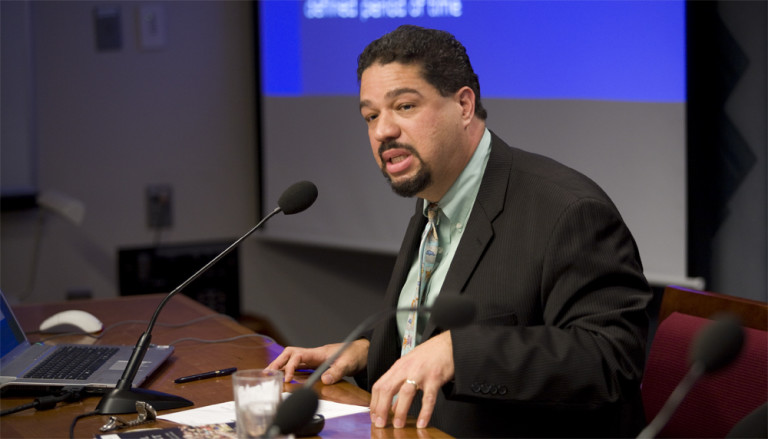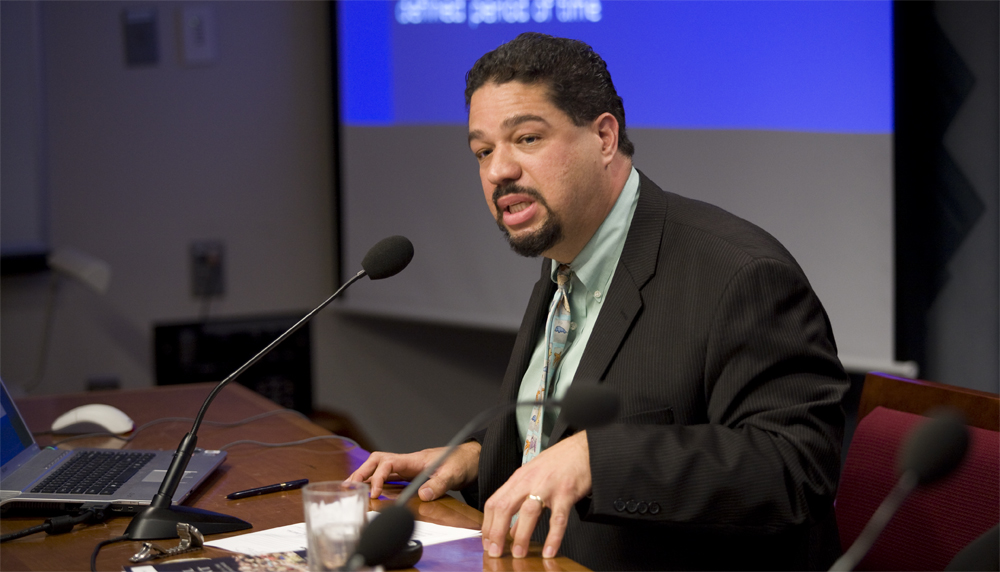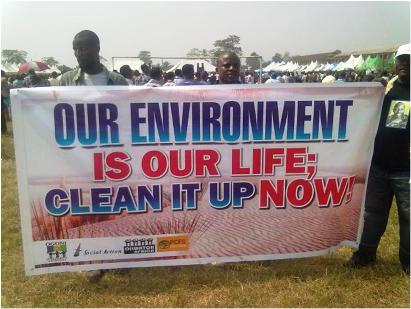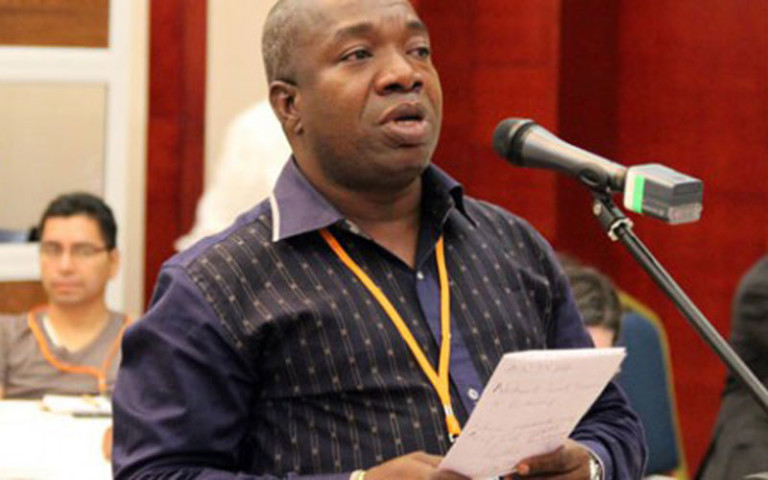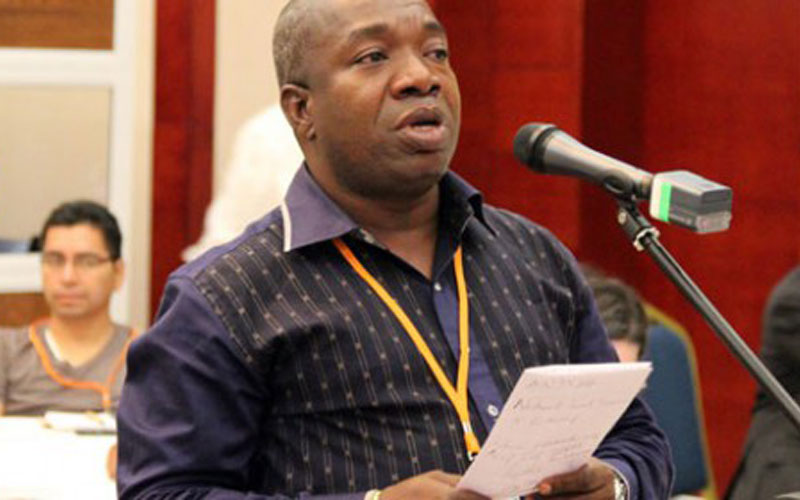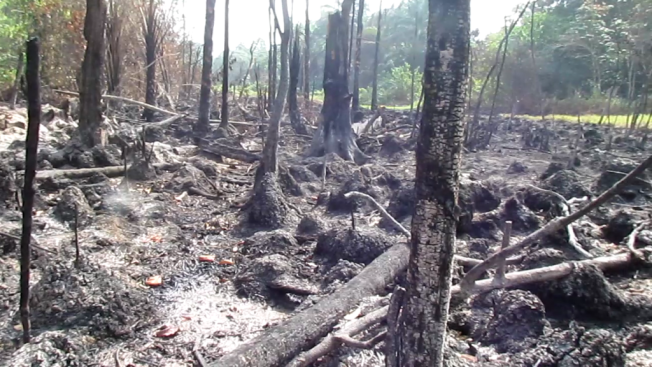World Vision’s investment is transforming Malawian lives and giving a fresh hope to thousands of impoverished people
Eighteen-year-old Daniel Mwanza and his two sisters recall having no kind words towards their parents due to poverty levels they were subjected to.
The three children from the family of Francis Mwanza from the area of Group Village Headman (GVH) Funachina in Traditional Authority (T/A) Nthondo, Ntchisi in Malawi struggled to have good food, water, sanitation and hygiene and decent shelter for years.
“My sisters were once deprived of better education because fees to go to private secondary schools after they had missed out on the list of those selected to pursue education in public secondary schools,” he says.
Daniel and her sisters further admit facing nutritional challenges, which World Vision wants dealt with by championing food security programmes in the current financial year using 20 percent of Malawi’s fresh water through irrigation.
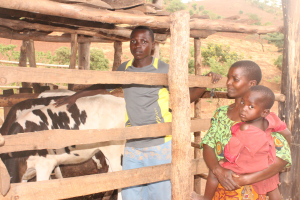
How Life Changed
In a dramatic turn of events, problems the Mwanza family faced are history such that they have become role models due to various achievements – thanks to the dairy farming and seed multiplication projects.
This follows a decision by Mwanza and his wife to join Cheka Cooperatives in 2009 after undergoing a World Vision-funded training in dairy farming and seed multiplication as part of modern methods of agricultural production.
After the training, World Vision provided cooling equipment and a generator, so that milk is not spoiled once farmers supply the product to the cooperative for market links.
The cooperative – which was registered in 2009 – has about 1,113 members and others are on course to joining it due to its benefits. Initially, the number of dairy cows has increased from 30 to 215 under Cheka Cooperatives.
A warehouse was also constructed in Nthondo Area Programme (AP) with funding from the United States support office. Farmers keep their seeds and other crops in the warehouse pending market identification during each harvesting season.
“After the training in 2009, I was given one dairy cow, which has given birth to seven more – meaning that I have eight dairy cows now. I am able to supply milk to the cooperative for business and earn more money than before,” says Mwanza, adding that without a certificate one cannot do dairy farming.
His joining and engagements in dairy farming enables him to procure more bags of fertiliser any growing season, which he could not before due to poverty levels.
“I was a regular victim of food handouts, but this kind of farming has put my family on another positive scale,” says Mwanza.
During a tour of Nthondo AP, which included visitors from World Vision Malawi’s support teams such as South Korea, Taiwan, US, Germany, New Zealand and Canada, it was learnt that Mwanza remains one of the outstanding members of the cooperative in terms of human development.
This is because Mwanza is now a hero. He has improved lives of not only his children and family, but community at large through dairy and seed multiplication.
The family of Mwanza has since 2009 bought a one-tone-car, a maize mill, a motorbike. He has created job opportunities by employing five people who work on dairy cows, maize mill and his car.
Knowing that selection to public secondary schools is not easy; Mwanza and his wife Emelda, decided to send their two daughters to a private secondary school using proceeds from dairy and seed multiplication ventures.
“I am now a financially blessed person. I don’t complain much about how and what to feed my family, even school fees and water access. I have what a family needs.
“Above all, I aim higher so my children do not suffer, but rather have the much needed attention for them to be educated and live a healthier life,” says Mwanza.
Profitability of Farming
Just this year, Mwanza has earned close to K1.5 million from maize sales. “I practice modern farming that is why I make such money,” he says.
His wife Emelda alluded that they also get K94 000 per month from the sales of milk, a development which portrays that the family is indeed doing well in as far as village life is concerned. She adds that they used to sleep on empty stomachs.
“As a mother, I am now happy because we have anything that we desire to service our family. Money is no longer a problem because some money is gained through matola (local paying transport), so too the maize mill,” states Emelda, a mother of seven.
“We eat a balanced meal and drink a lot of milk daily that is why I look healthier. Previously, I was not like this since food was a problem. Sometimes, we used to fight over food,” echoes Daniel, who is now in Standard Eight.
He says they do work hand in hand with their parents in managing dairy and seed multiplication projects once they are back from school to have the spirit of self-dependence when they grow up.
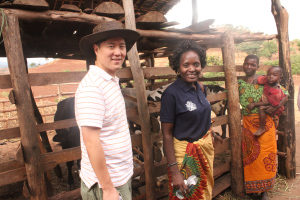
Views of Communities and Support Offices
Cheka Cooperatives marketing secretary Jonathan Chisinga in an interview said the area lagged behind in water and sanitation, health, education, business, farming among others.
He says such programmes have helped in uplifting the well-being of children, who used to drop out of school due to lack of fees and malnutrition challenges.
“Farmers bring their products to Cheka. In turn, we as executive members source markets for them. Once their products are sold, they get their money based on volumes they brought to the association,” he says.
In his own words, T/A Nthondo admitted that daily livelihoods of Mwanza, other members of Cheka Cooperatives too have improved.
“We want more people to join the cooperative to deal with poverty levels in this area. We also thank World Vision because since the introduction of these programmes, communities can afford an improved life and send children to better schools,” said Nthondo.
World Vision Central Zone operations manager Rachel Kathyanga wants more markets explored besides the fact that communities should grow more crops or engage in dairy farming.
“Imagine! The Mwanza family was given one cow, but today they have eight and make money through milk sales, this is great. Furthermore, it is pleasing to note that they have bought a vehicle, maize mill and motorbike.
“As World Vision and support offices, we are amused with this positive change and that is what we want to see in our operations,” said Kathyanga.
A delegation of various support officials, who recently visited Nthondo, also underscored the need for good transition ahead of local ownership from 2019.
John Michael, the leader of delegation said: “Our visit is meant to see how locals would work after 2018, when we close shop. We also want to find out what we can do now so that the projects are sustained after 2018.”
While the programmes in Nthondo are phasing off in 2018, the likes of Mwanza and Chisinga, think there should be more trainings in how to manage projects.
By George Mhango (WaterSan Perspective)


